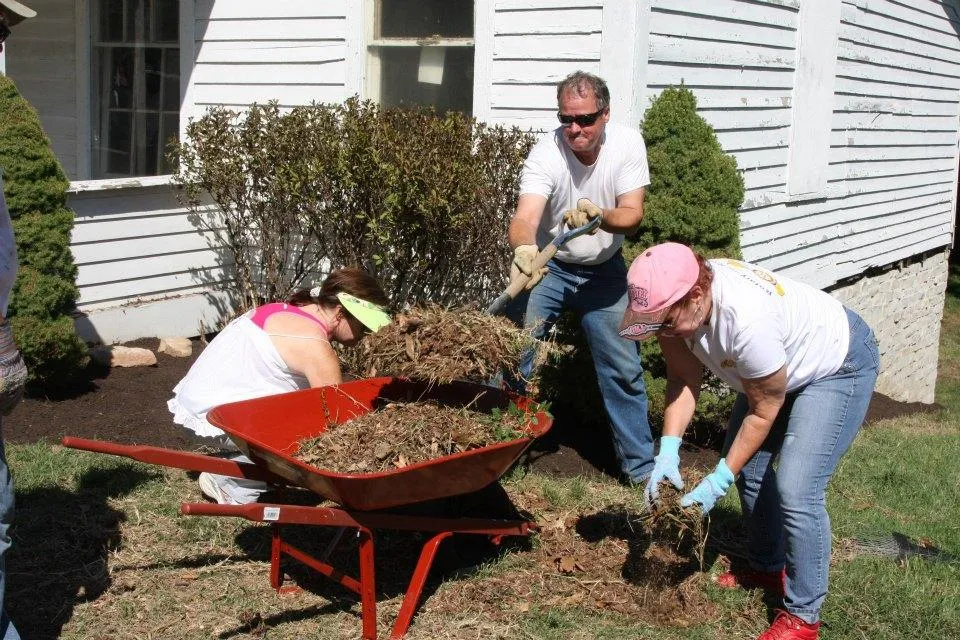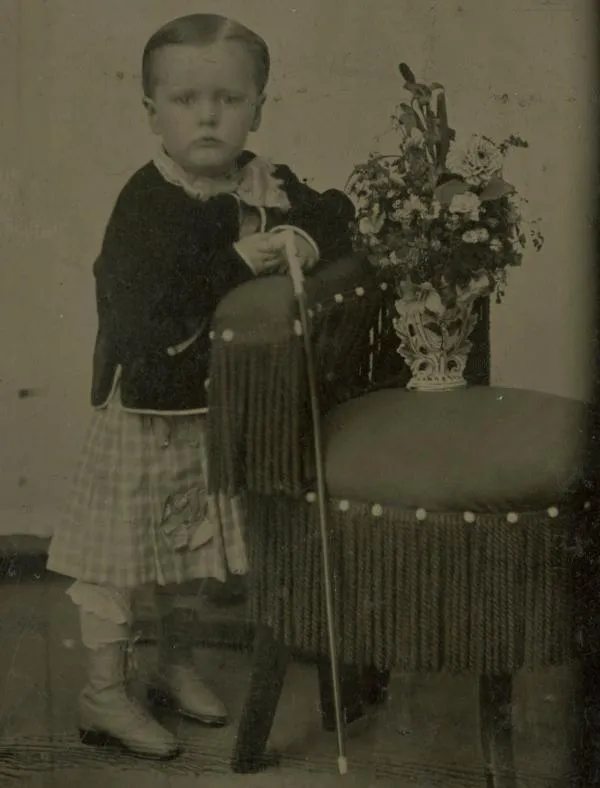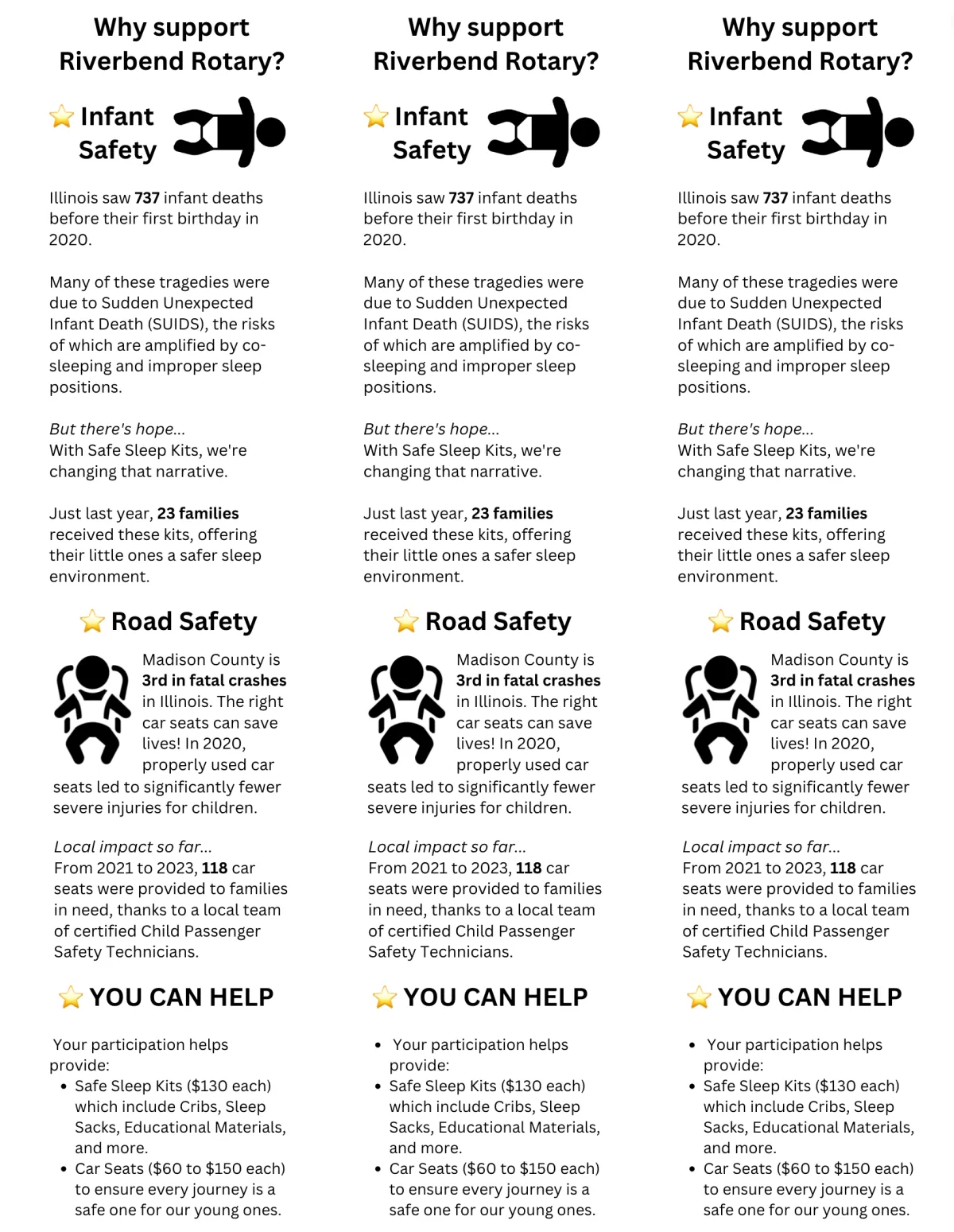
"Just a little info… because of the kindness of the Rotary club, we have been able to provide 18 safe sleep kits so far this year. That’s quite a jump from last year."
Julie Mouser LPN,
Riverbend Headstart & Family Services
Stories of Service and Impact from Our Rotary Club

Effective Communication in Healthcare
Effective Communication in Healthcare:
Insights from Retired Researcher and Pediatric Nurse Donna Dixon
In an educational presentation to Riverbend Rotary this week, Donna Dixon, a retired pediatric nurse with extensive experience in research and training other nurses, enlightened us on the crucial role of effective communication in healthcare. She delved into the various communication styles healthcare providers often encounter when interacting with families of hospitalized patients.
Understanding the different types of communication styles can significantly improve the quality of care provided and foster better relationships between healthcare providers and the families they serve. According to Dixon, there are four primary categories of family members in terms of their interaction with healthcare professionals.
Recipients of Care
Firstly, Dixon described the 'Recipients of Care' - those who are highly trusting and have little background in healthcare. They rely entirely on the healthcare team's expertise and implicitly trust their decisions regarding their loved one's care.
Monitors of Care
Next, the 'Monitors of Care', who are the opposite of Recipients, were highlighted. They tend to have a low level of trust and want to be involved in every decision, constantly seeking detailed information and always advocating for their loved one's earliest possible release from the hospital.
Managers of Care
'Managers of Care' occupy a middle ground. While they do trust healthcare providers, they scrutinize each step, wanting to comprehend every detail of the care plan for their family members.
Silent Care
Lastly, Dixon pointed to the 'Silent Care' group. They largely remain absent from the details of their loved one's care, not actively participating in discussions or decision-making.
Dixon emphasized that healthcare providers are trained to recognize and effectively communicate with these diverse groups. Recognizing the communication style of the family can ensure that healthcare providers are delivering information in a way that is most useful to them, ultimately enhancing patient care.
The wisdom shared by Donna Dixon reinforces the need for empathetic communication in healthcare. By understanding these different communication styles, healthcare providers can ensure families feel heard, supported, and engaged in the care of their loved ones.

Retired Pediatric Nurse, Donna Dixon, engaging with Riverbend Rotary members during her presentation on healthcare communication styles. She's seen here sharing her extensive knowledge, based on years of experience training nurses and communicating with families of hospitalized patients.
Visit Riverbend Rotary
Noon Thursdays at Senior Services Plus in Alton
Speak to Riverbend Rotary
What is Rotary?
You've certainly heard about it, but do you really know what is ROTARY? There are several chapters around your neighborhood.
Riverbend Rotary
Our commitment to making a difference extends beyond our local community to create lasting change on a global scale.
We are proud to be part of international efforts, such as END POLIO NOW, which showcases the power of collaboration and dedication in achieving shared goals.
However, our most significant impact
is felt right here in the Riverbend area, where our passion for service and community development is truly transformative.
Our club members work tirelessly to champion local causes, support community projects, and drive sustainable initiatives that enrich the lives of our neighbors.
From mentoring youth and promoting education to fostering environmental stewardship and addressing social challenges, Riverbend Rotary is a catalyst for positive change.
We invite you to join us in our mission to create a brighter future for our community and the world, one project at a time.

About Rotary District 6460
The Rotary motto: Service Above Self. Rotary, the world’s first service club organization, is a worldwide organization of more than 1.2 million business, professional, and community leaders.
Members of Rotary clubs, known as Rotarians, provide humanitarian service, encourage high ethical standards in all vocations, and help build goodwill and peace in the world.
Rotary District 6460 contains Rotary clubs that serve west central Illinois in the United States of America.

Nourishing
Hope
Riverbend Rotary Packs Nutritious Meals for Hungry Children in Nicaragua

Shred Day
Safeguarding Identities and Supporting Our Community through Secure Document Disposal

Caring for
Our Community
Riverbend Rotary Members Beautify Local Homes by Tidying Yards and Landscapes

Ringing in the
Spirit of Giving
Riverbend Rotary Members Support the Salvation Army's Mission to Transform Lives
Started from the vision of one person.


Today, polio remains endemic only in Afghanistan and Pakistan.

recognition acknowledges individuals who contribute, or who have contributions made in their name, of $1,000.

1.4 million friends, neighbors, leaders, and problem-solvers who see a world where people unite and take action to create lasting change – across the globe, in our communities, and in ourselves.
Just A Little Help Can Make Big Difference
1.2 million
There are over 36,000 Rotary clubs in more than 200 countries and geographical areas worldwide, with approximately 1.2 million members.
$4 Billion
The Rotary Foundation, which supports Rotary's humanitarian and educational programs worldwide, has invested over $4 billion in life-changing, sustainable projects since it was founded in 1917.
$2.1 Billion
Rotary in the USA has played a key role in the global effort to eradicate polio, with Rotary members contributing over $2.1 billion and countless volunteer hours to the cause.

Rotary International's Unwavering Mission: Eradicating Polio and Empowering a Polio-Free World.
Rotary International has been at the forefront of the global fight against polio for over three decades, working tirelessly to eradicate this devastating disease.
Through strategic partnerships with the World Health Organization, UNICEF, and the Bill & Melinda Gates Foundation, Rotary has made remarkable strides in immunization efforts, reaching millions of children in even the most remote corners of the world.
Since launching the PolioPlus program in 1985, Rotary International and its partners have helped to reduce polio cases by 99.9%, saving countless lives and preventing lifelong disabilities.
The continued dedication and support of Rotary members worldwide are crucial in achieving a polio-free world, ensuring that future generations can live without the fear of this debilitating disease.
Join us in our unwavering commitment to end polio once and for all, and be part of a global movement that is truly transforming lives and making history.









